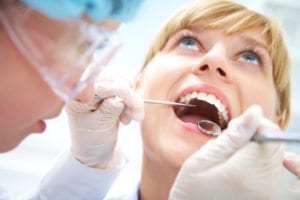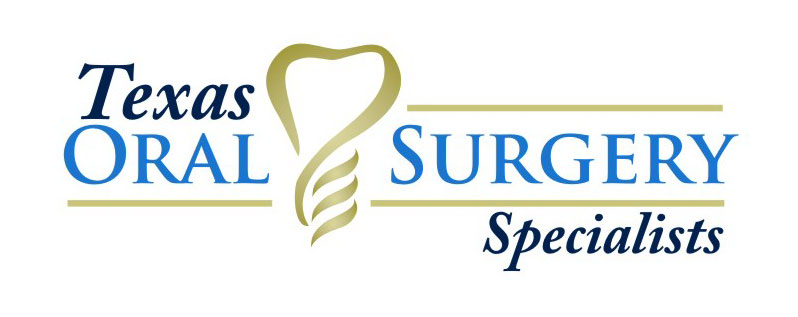 Has your dentist recommended that you visit our oral surgeon for wisdom teeth extractions? If so, you probably have questions about the procedure and your treatment. Removing wisdom teeth is typically a precautionary measure that helps preserve the health of the oral cavity—especially since the retention of wisdom teeth contribute to a myriad of oral health problems and diseases. People can have up to four wisdom teeth, although, some folks may only have one or two. The number of teeth extracted during a procedure is determined by the number of wisdom teeth and if they have begun to erupt the gums.
Has your dentist recommended that you visit our oral surgeon for wisdom teeth extractions? If so, you probably have questions about the procedure and your treatment. Removing wisdom teeth is typically a precautionary measure that helps preserve the health of the oral cavity—especially since the retention of wisdom teeth contribute to a myriad of oral health problems and diseases. People can have up to four wisdom teeth, although, some folks may only have one or two. The number of teeth extracted during a procedure is determined by the number of wisdom teeth and if they have begun to erupt the gums.
Why do wisdom teeth cause oral health problems?
Wisdom teeth emerge years after adult teeth come in. Since they emerge late in life, wisdom teeth typically do not have adequate room to come through the jaw and gums in healthy, upright positions. Without adequate room, wisdom teeth that are only partially erupted or stuck in the gums can lead to patients developing cavities, gum disease, and systemic infections called abscesses. Also known as third molars, wisdom teeth can create tooth misalignments due to crowding and might even reverse the results of previous orthodontic treatment.
Will I be comfortable during the procedure?
When extracting teeth, our team follows strict protocols to ensure that our guests are relaxed and comfortable. We begin with providing local anesthetics to the areas of the mouth where teeth will be extracted followed by the administration of prescription sedative and pain medication. This will allow our patients to rest peacefully during treatment. Most of the time, our patients do not remember their procedures.
What should I expect after my surgery?
After your teeth have been removed, you will be sent home with a detailed post-operative instruction packet. This packet will contain information on pain management, how to care for your extraction sites, and what you should eat following your surgery. For instance, placing ice on the face and jaw after surgery for the first 24 hours can greatly reduce swelling. Moreover, eating soft and liquid foods is imperative for letting the extraction sites heal.
Call us today at Texas Oral Surgery Specialists to schedule a consultation with our oral surgeon!


